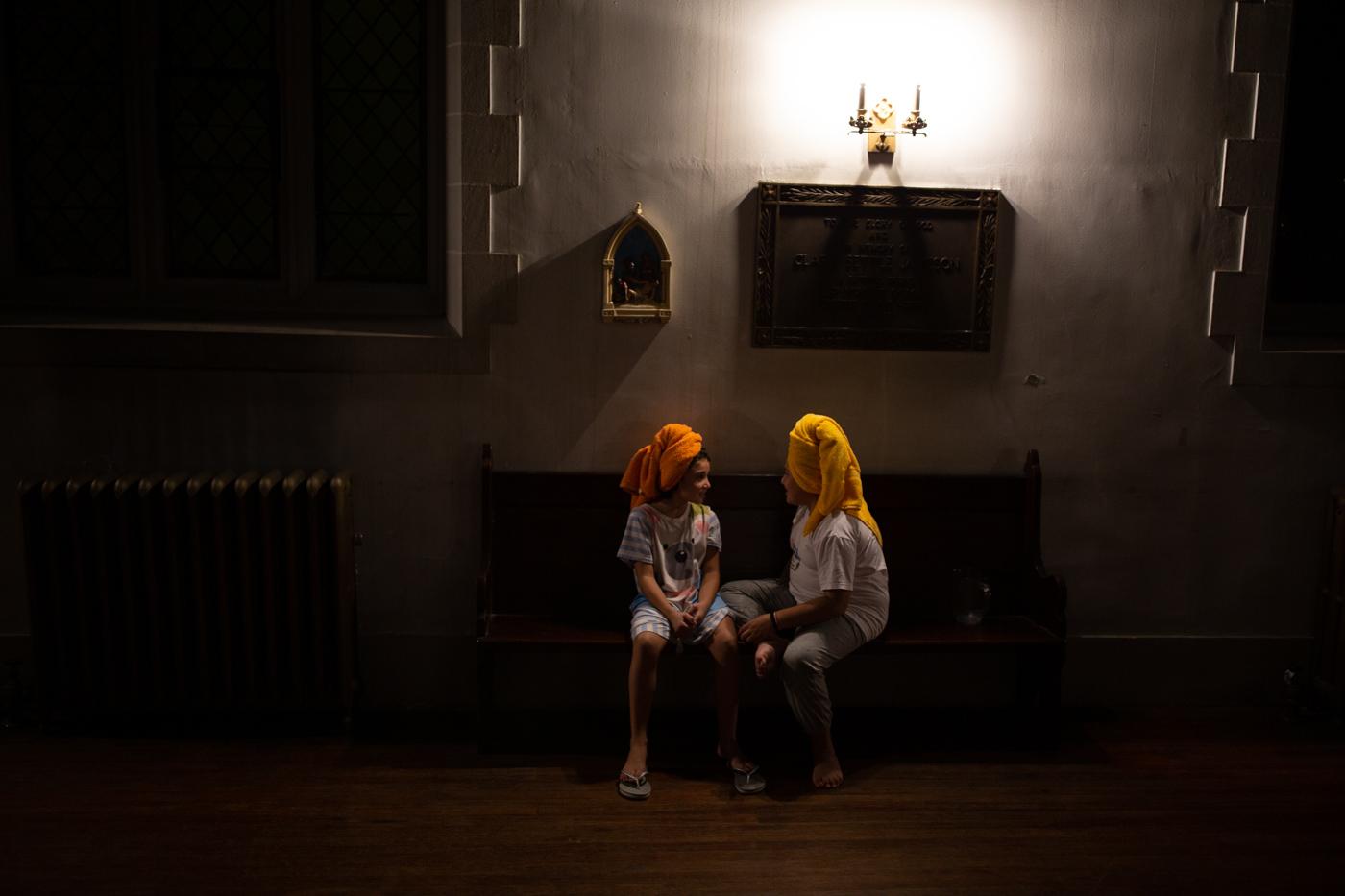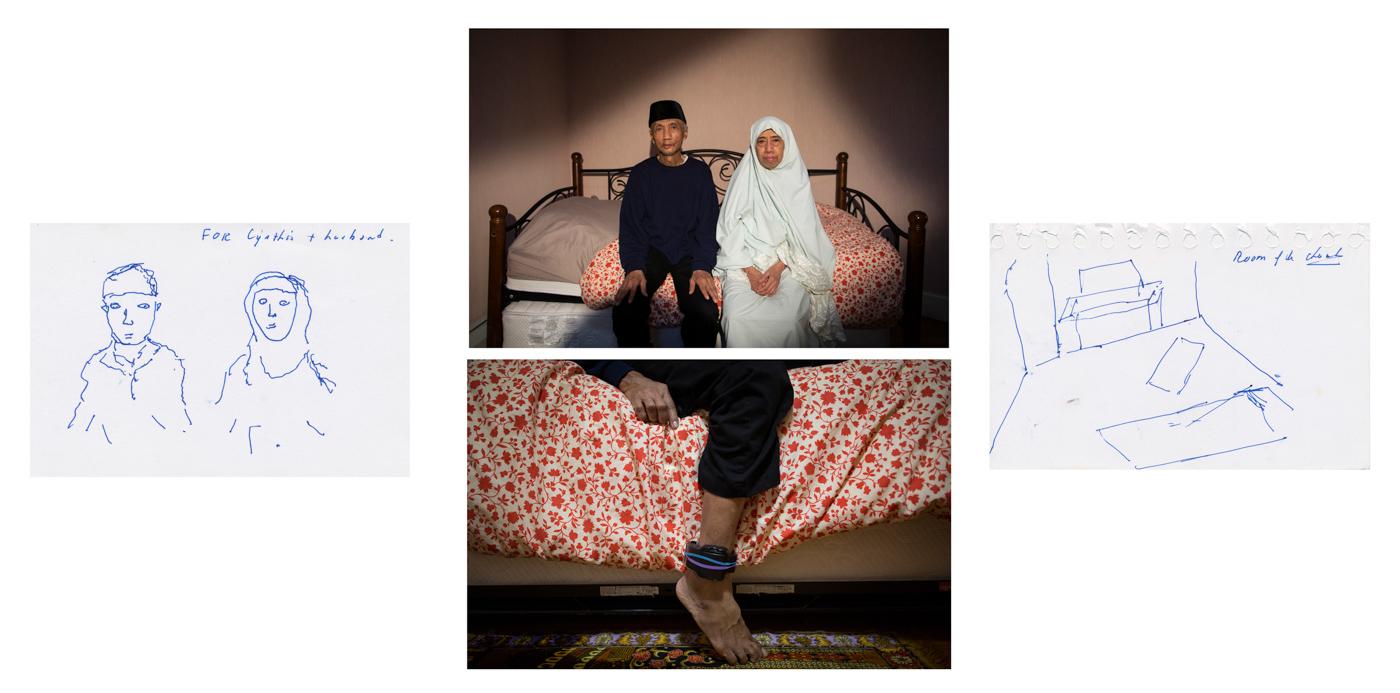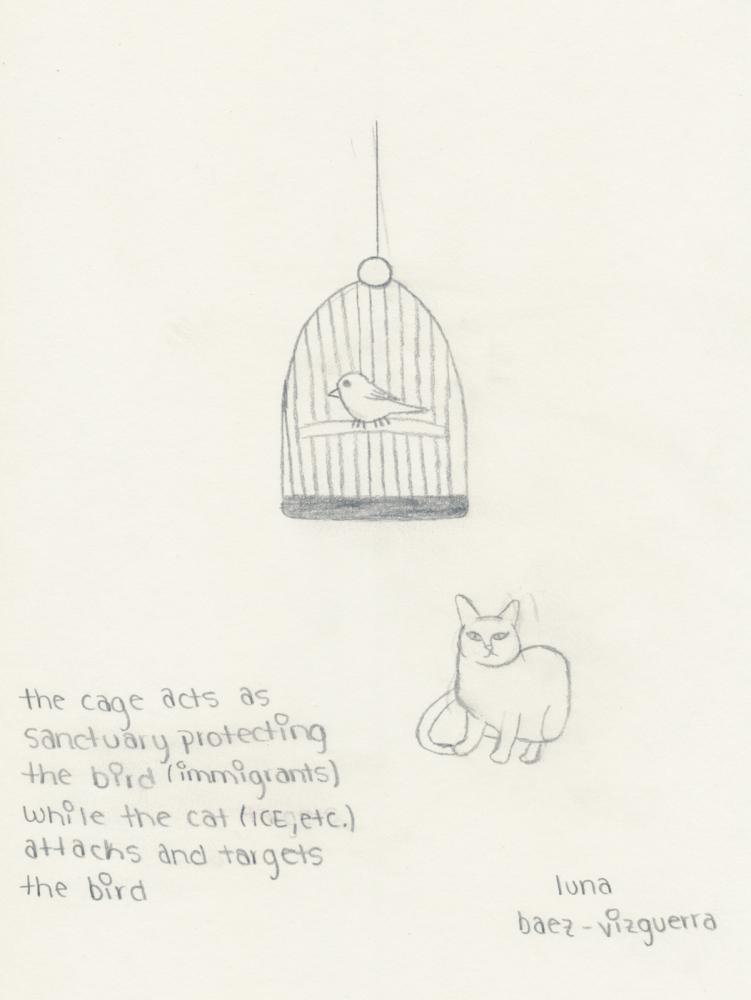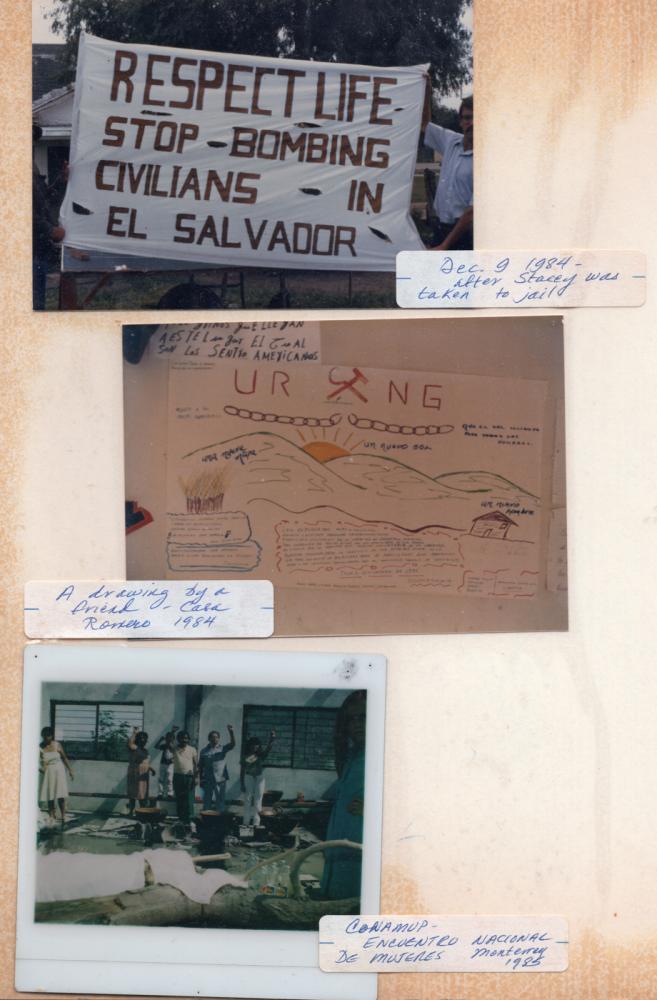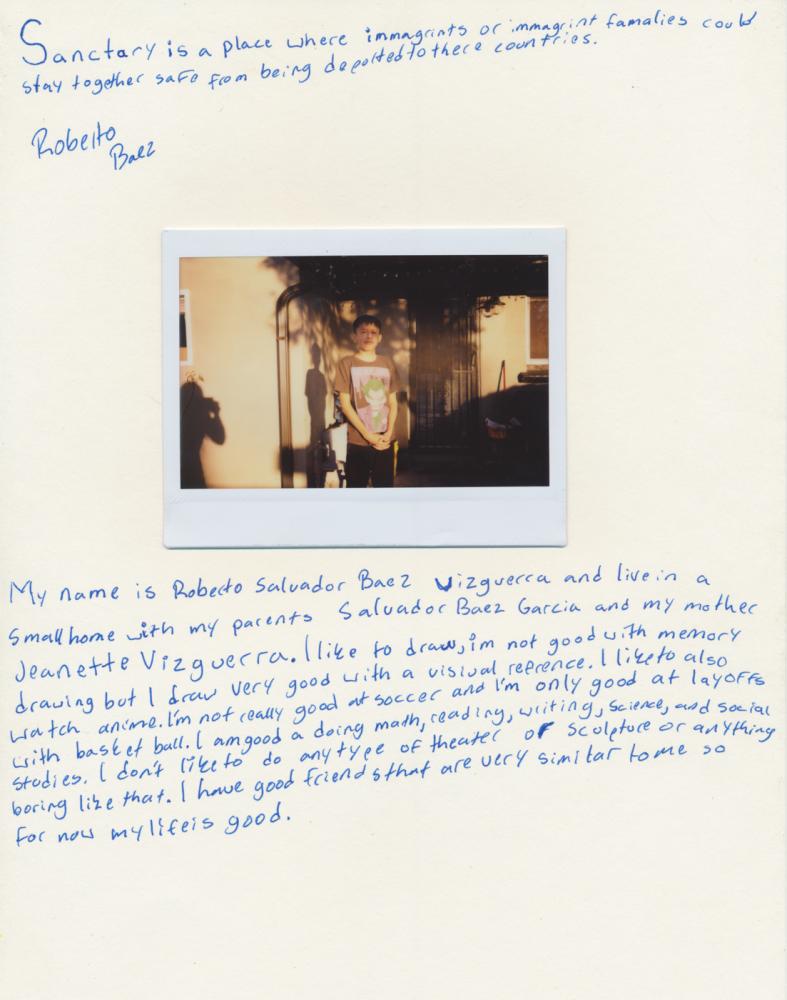Public Project
Living in Sanctuary
During the first administration of President Donald Trump—when mass deportations and the systematic separation of families became the cruel hallmark of U.S. immigration policy—an increasing number of undocumented immigrants openly defied the state and its machinery of expulsion. They sought sanctuary—not only as a physical refuge, but also as a spiritual shelter—within churches, temples, and faith communities scattered across the nation. There, among wooden pews, stained glass, and altars, a silent and deeply human form of resistance began to take root.These families, whose origins stretch from the deserts of Iraq and the plains of Bangladesh to the mountains of Guatemala, embody a new generation of immigrant leadership in the United States. They are not traditional political figures but mothers, fathers, daughters, and sons who, by turning their own survival into a form of public struggle, have transformed vulnerability into a language of resistance and dignity.Alongside them, hundreds of congregations have mobilized to offer both material and moral support: churches opening their doors as havens, pastors and rabbis lending their voices, entire communities redefining what it means to be a neighbor, an ally, and a believer in times of persecution. In this collective gesture, a new path for spirituality and civil disobedience is being carved in the United States, where the sacred intertwines with the political and faith itself becomes a praxis of justice. Living in Sanctuary gathers dozens of oral histories interwoven with portraits, children’s drawings, and archival documents. The result is an intimate window into the everyday lives of families who—while cooking, praying, or celebrating birthdays under the constant threat of deportation—are reconfiguring the very boundaries of home and belonging.Yet this movement does not arise from nothing: it draws strength from liberation theologies that transcend continents and centuries. Its roots lie in a manger in Bethlehem, extend through the clandestine routes of Harriet Tubman’s Underground Railroad, and burn brightly in the small chapel of Archbishop Óscar Romero in San Salvador. From there, like an underground river branching in multiple directions, these spiritual currents sustain and renew the meaning of sanctuary.In this way, faith communities do more than provide refuge: they are reimagining notions of safety, hospitality, and spirituality, revealing how at the intersections of religion and politics a fertile space for resistance and hope can emerge.
10,617

